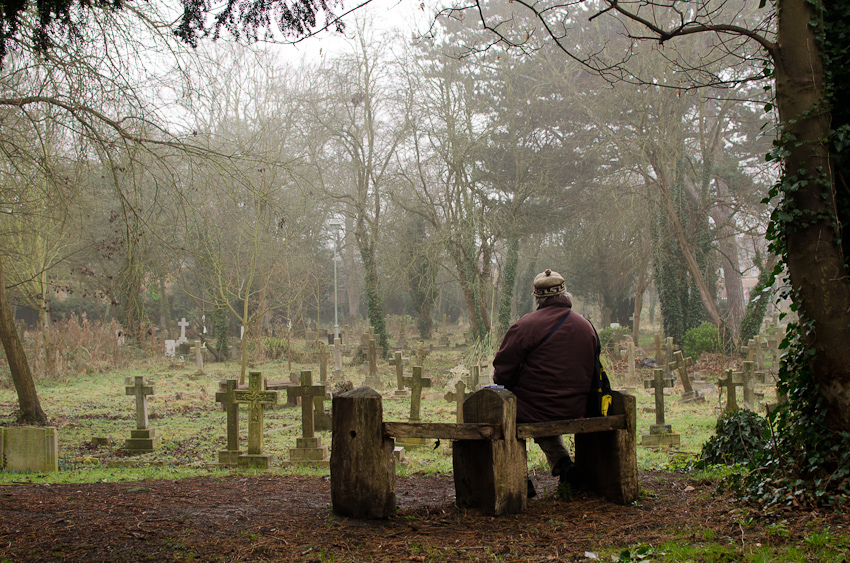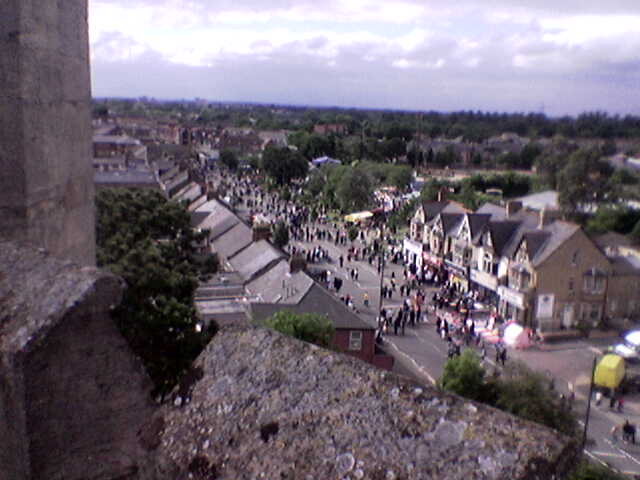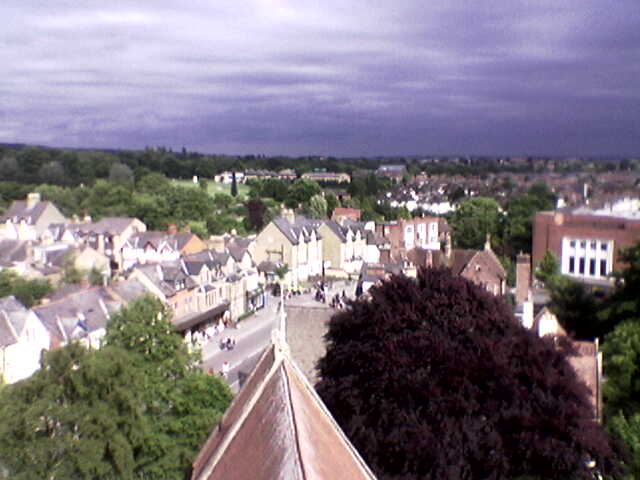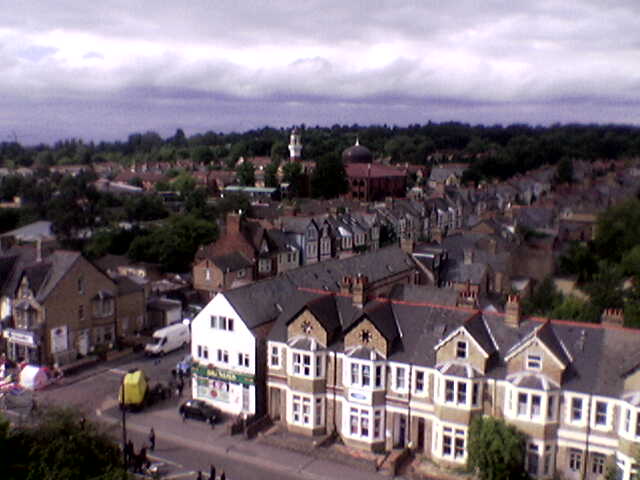Difference between revisions of "274"
CowleyAdmin (talk | contribs) |
|||
| (12 intermediate revisions by 2 users not shown) | |||
| Line 3: | Line 3: | ||
<< [[276]] [[272]] >> | << [[276]] [[272]] >> | ||
| − | [[File:274-2017-03.JPG|frame| | + | [[File:274-2017-03.JPG|frame|400px| 2014: The Church viewed from Cowley Road. Image by [https://commons.wikimedia.org/wiki/User:Motacilla Motacilla] via Wikimedia Commons]] |
==1875-present== | ==1875-present== | ||
| − | This site incorporates the SS Mary & John Church | + | [[File:274-graveyard-by-kamshots-flickr.JPG|400px|frame| A view of the graveyard behind the church. Photo by Kamyar Adl on Flickr. ]] |
| + | [[File:274-2005-W.jpg|frame]] | ||
| + | [[File:274-2005-E.jpg|frame]] | ||
| + | [[File:274-2005-N.jpg|frame]] | ||
| + | |||
| + | This site incorporates the SS Mary & John Church and graveyard. The foundation stone of the church was laid in October 1875, and the Decorated Style building in Charlbury stone, was designed by Alfred Mardon Mowbray <ref name="churchGuide">A Guide to St Mary & John Church, Oxford: http://www.ssmjchurchyard.org.uk/pdfs/SSMJ1.pdf</ref> who is buried with his family in the churchyard. | ||
| − | |||
The clock with its three faces in the tower was put in from 1928 to 1930<ref name="churchGuide"/>. The church building is Grade II listed <ref name="historicEngland">https://historicengland.org.uk/listing/the-list/list-entry/136934</ref>. | The clock with its three faces in the tower was put in from 1928 to 1930<ref name="churchGuide"/>. The church building is Grade II listed <ref name="historicEngland">https://historicengland.org.uk/listing/the-list/list-entry/136934</ref>. | ||
| + | |||
| + | |||
| + | In 2005 the tower was opened up to visitors during Cowley Road Carnival. See photos of the view further down the page. | ||
==1870-1874== | ==1870-1874== | ||
| Line 24: | Line 31: | ||
Do you have any old photographs or memories to share? | Do you have any old photographs or memories to share? | ||
Please add them to the site! Here is a [[How to contribute | how-to guide]]. | Please add them to the site! Here is a [[How to contribute | how-to guide]]. | ||
| + | |||
| + | ==References== | ||
Latest revision as of 08:27, 25 August 2019
This is the page for 274 Cowley Road.
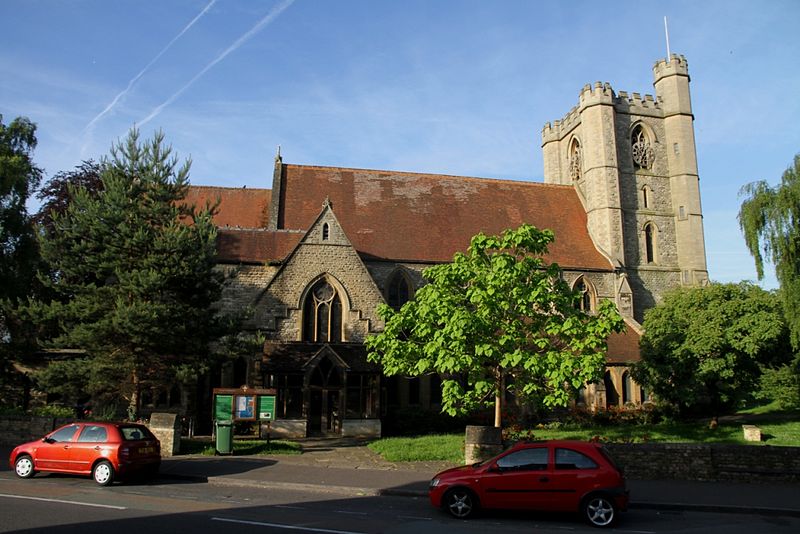
1875-present
This site incorporates the SS Mary & John Church and graveyard. The foundation stone of the church was laid in October 1875, and the Decorated Style building in Charlbury stone, was designed by Alfred Mardon Mowbray [1] who is buried with his family in the churchyard.
The clock with its three faces in the tower was put in from 1928 to 1930[1]. The church building is Grade II listed [2].
In 2005 the tower was opened up to visitors during Cowley Road Carnival. See photos of the view further down the page.
1870-1874
Father Richard Meux Benson (1824-1915) was responsible for developing the site. He moved into east Oxford in 1868 to serve the spiritual, educational and social needs of the growing working-class population. Using Meux family money he purchased the site in 1870. St. John's Hospital for Incurables, opened in 1873, formed another element of this project [2].
Before then?
Cowleyroad.org is a DIY community history - help us write it!
Do you know more about this building, or remember what was at this address before? Do you have any old photographs or memories to share? Please add them to the site! Here is a how-to guide.
References
- ↑ 1.0 1.1 A Guide to St Mary & John Church, Oxford: http://www.ssmjchurchyard.org.uk/pdfs/SSMJ1.pdf
- ↑ 2.0 2.1 https://historicengland.org.uk/listing/the-list/list-entry/136934
